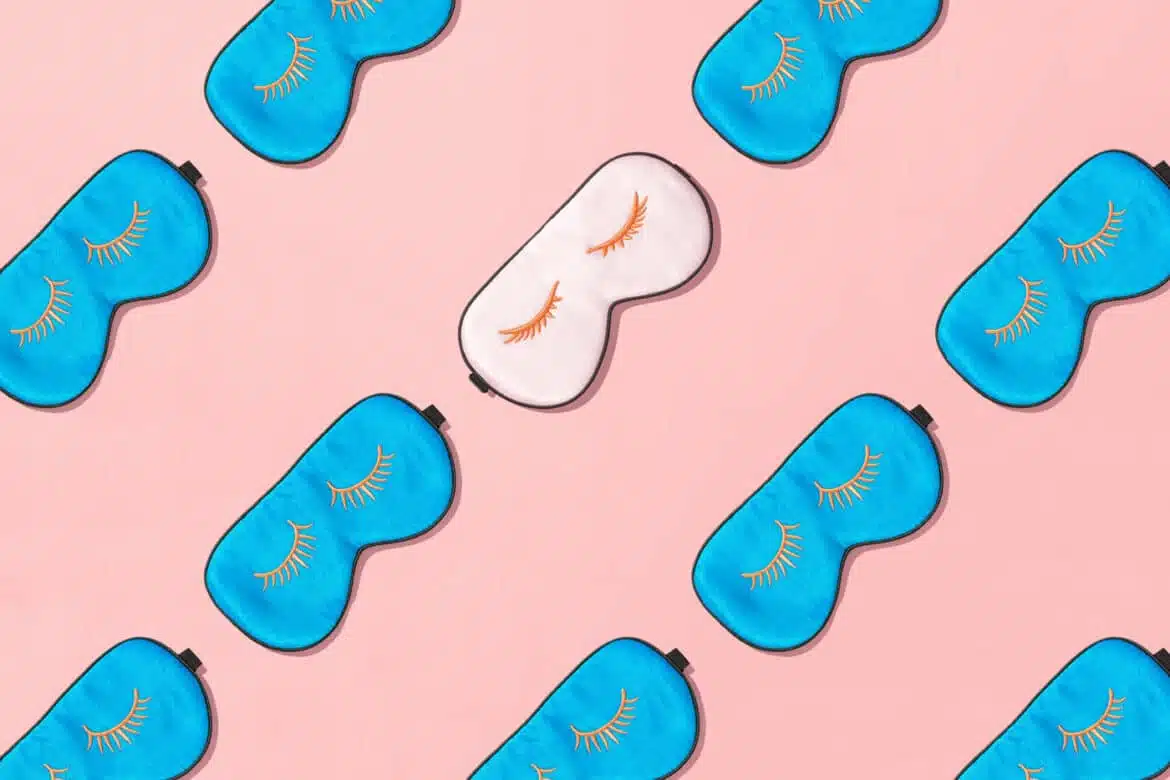This post is also available in: ![]() Deutsch
Deutsch ![]() Français
Français
Stress, screens, anxiety ‒ there are many factors that can disrupt a good night’s sleep. In Luxembourg, almost one in three people suffer from sleep disorders. While in some cases these conditions are medically recognised and treated by a doctor, mild, occasional insomnia can be avoided by adopting a few simple habits without resorting to sleeping pills. So, how can we fall (back) asleep naturally? Here’s a brief guide on how to get better ZZZs.
It’s all about rhythm
First of all, a good night’s sleep cannot be improvised. Quality sleep requires a regular rhythm that varies from person to person. Some may need to go to bed at 9 pm to wake up fresh as a daisy at 5 am, while others will not be able to fall asleep before 11 pm but will have a hard time getting up before 8 am. Once you’ve found a rhythm that works for your lifestyle, try to maintain it. If you get up at 6:30 am during the week, it’s better to do the same on the weekend so as not to disrupt your rhythm.
The ideal bedroom
Obviously, a good quality mattress (that is less than ten years old) is preferable for better sleep. Another important factor is room temperature, with 18°C considered to be ideal. Avoid hot showers or baths in the evening hours, as the body temperature must drop slightly to fall asleep naturally. Lastly, a dark room promotes the secretion of melatonin, the sleep hormone.
Banish screens
We might sound like a broken record, but blue light is detrimental to quality sleep. It strongly stimulates the retina’s receptors sending a “daytime” signal to the biological clock, delaying sleep and disrupting cycles. Ideally, set aside computers, smartphones and tablets two hours before bedtime. Choose calming activities before going to bed such as reading, listening to a short, guided sleep meditation or relaxing with some soothing yoga poses.
Managing disrupted sleep
Our nights usually consist of three or four sleep cycles, and it is common to wake up for a few minutes at the end of each cycle. We often don’t even remember it the next morning. However, if these wakeups last longer than
15 minutes, do something about it: staying in bed, tossing and turning won’t help you fall back asleep. It is better to get up and go into the living room to read for a few minutes or have a cup of tea. Just make sure you avoid screens at all costs. You’ll eventually get tired. For a longer period of insomnia, turning in earlier the next evening is not a good idea. Bottom line: respect your sleep rhythm and everything should return to normal.


